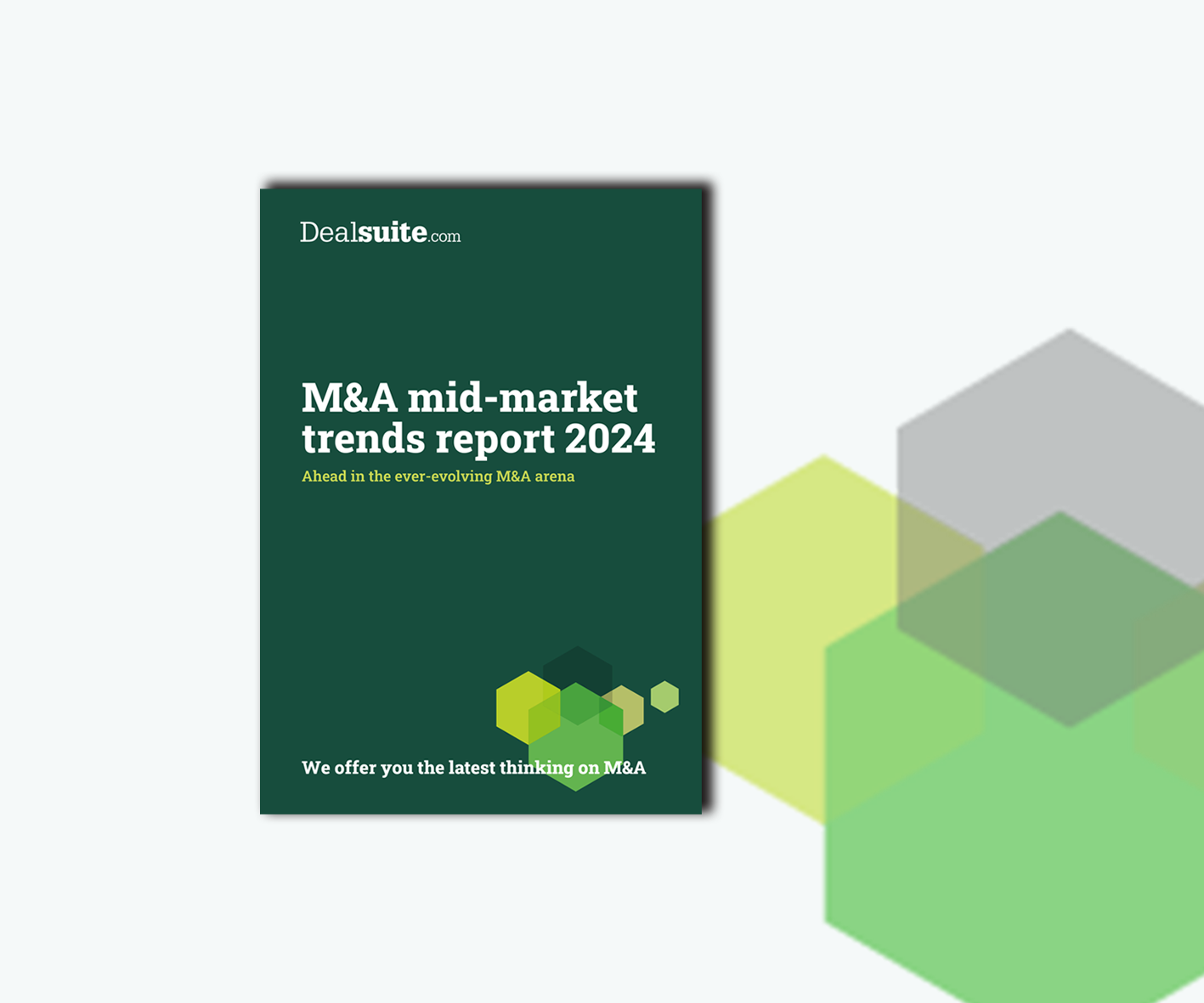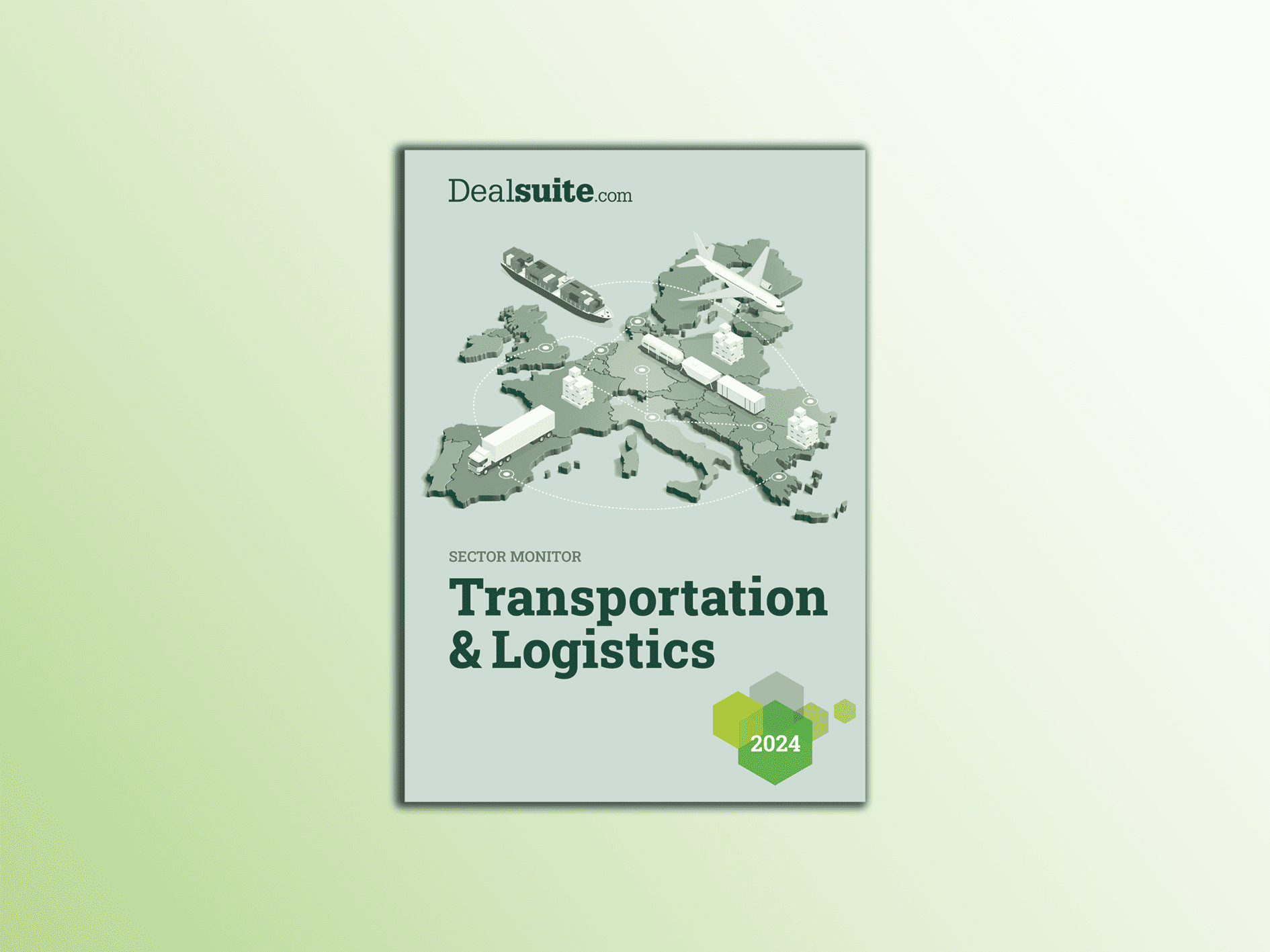Is the due diligence process getting longer and more complex?
While mergers and acquisitions deals were booming in 2021 and 2022, things have started to slow in 2023. Economic uncertainty fueled by a rise in inflation, interest rates, and the ongoing war in Ukraine is a major factor when it comes to mergers and acquisitions this year.
All of this means that M&A advisors are trying to minimise the risks they take on. With so much economic uncertainty impacting both financing opportunities and company valuations, it’s only prudent to approach things with a bit more caution.
More risk requires more extensive due diligence
In practice, the focus on minimising risks lengthens the due diligence process. In fact, according to a study by Intralinks about dealmaker sentiment, 33 percent of EMEA dealmakers are expecting due diligence to increase in both length of time and complexity.
Some advisors have already noted these changes in due diligence, especially in the arena of buy-side risk aversion. Jarmo Kuusivuori, CEO of Finnish M&A advisory firm Wolfcorner, shares that in order to guarantee the success of more deals, he has seen many buyers tighten both their terms and conditions. “It’s a complicated situation but we still believe we can close the deals in the pipeline. Sometimes that means accepting a change to the terms and conditions or finding other workarounds. The right solution varies from deal to deal.”
"As the cost of debt has become more expensive, and inflation remains stubbornly high, we have seen increasing pressure to justify valuations where margins are squeezed and operating costs have risen. This is particularly common where agreed purchase prices have been based on performance projections which are unlikely to be achieved." Says John Braithwaite, Managing Director at Unloq.
"It forces more discussions during the due diligence process, and in the end if both parties remain committed to the transaction, it can still mean a favourable outcome for all concerned."
So, it’s not that deals can’t be closed. It’s just that they require a different approach.
ESG factors are also lengthening due diligence
Beyond economic concerns, there are other factors that are also playing a role in contributing to a longer due diligence process. These are the sorts of trends that have less to do with economic volatility and more to do with consumer and business sentiment.
For example, the growing trends around environmental, social, and governance (ESG) investing are also starting to spill into the world of M&As more frequently. This also requires M&A advisors to increase their due diligence process since more vetting is required to ensure good governance on these three axes.
ESG due diligence is still in its early phases, but as it continues to evolve, you can expect the due diligence process to lengthen because of it. Historically, ESG has only been very frequently involved 25 percent of the time. Moving forward, however, dealmakers expect it to be a major consideration 48 percent of the time. That means that almost half of the deals happening buy-side and sell-side should be expected to take longer.
While a longer due diligence process due to ESG may feel like a drag in the short-term, many investors and advisors agree that companies with a high-level of ESG maturity are only going to get more and more attractive in the coming years.
The benefits of closing deals in a downturn
The rough economic landscape may have advisors and businesses battening down the hatches, but that doesn’t mean deals aren’t happening. In fact, closing deals in a downturn can be incredibly advantageous for business, even if it sounds counterintuitive. As a result, organisations are required to find ways to leverage the current economic conditions in their ongoing mergers and acquisitions.
As was explored in our article about M&As in downturns, deals done during downturns can turn out to be some of the most successful. This is due, in part, to the fact that tough economic conditions create new opportunities for buyers when it comes to returns and growth.
Dealsuite helps to facilitate deal sourcing by giving an overview of deals on the market within Europe. Furthermore, the smart match-making function helps you find deals matching your criteria.
Sign up for Dealsuite’s monthly newsletters and stay up to date with our latest articles.

.svg)

.svg)

.svg)

.svg)





